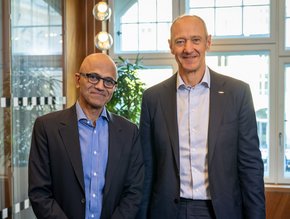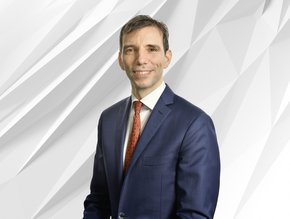PwC: Opportunities abound for foreign investment in Africa’s hospitality sector

The hospitality sector in Africa’s emerging markets looks set to profit from foreign investment and an influx of foreign travellers, according to PwC’s 7th edition of the ‘Hotels Outlook: 2017-2021’ report.
Emerging markets are set to post faster growth in revenue than their counterparts in developed countries, making them integral to the expansion strategies of some of the world’s leading hotel developers.
The tourism industry continues to be one of the fastest-growing and most vibrant sectors of Africa’s economy.
In spite of recent challenges, including the fall in oil prices, change in visa regulations in South Africa and contraction of the global economy, the sector has significant potential to create jobs, uplift inclusive economic growth across the continent, and reduce poverty.
SEE ALSO:
Pietro Calicchio, the Hospitality and Gaming Industry Leader for PwC Southern Africa, said the growth potential of Africa is high mainly “because of the rapid economic growth in some economies, a growing middle-class and an increase in visits from foreign visitors.
“The emerging markets are a sought-after destination for foreign investors – it is in these markets where there are continued economic growth and a need for additional infrastructure.
“In addition, governments and policy makers are introducing a range of tax incentives and other incentive schemes to foreign investors.”
Ghana is one of the major emerging markets in the African hospitality sector.
The industry grew 1.2% from 2015 to 2016 and the World Travel & Tourism Council (WTTC) projected Ghana's tourism industry to expand by 5.6% in 2016 and to maintain an annual growth rate of 5.1% per annum from 2017 through to 2027.
A number of internationally-branded hotels are based in Accra. As of May 2017, there were 2,723 hotels and lodges in Ghana.
There is expected to be an increase in the number of business travellers to the country as the government embarks on a number of initiatives to stimulate economic growth.
The government is also making improvements in transport infrastructure, with the construction of a third terminal at Accra’s Kotoka International Airport and allocation of funds for the repair of roads to popular tourist destinations.
The hotel industry is expected to grow 1.1% in 2017, 2.1% in 2018 and 2.3% in 2019.
In the east, Ethiopia is set to boost investment in the hospitality sector in order to generate more foreign earnings.
Total tourist arrivals in Ethiopia from 2015 to 2016 increased from 817,860 to 868,780. Tourist arrivals in 2017 are forecast to increase by 5.7% on the previous year to 918,010.
Government plans include expanding Ethiopian Airlines’ footprint of regional and international routes and Addis Ababa international airport is also undergoing expansion that will enable it to service 20mn passengers a year by 2019.
In more traditional tourist markets, overall room revenue in South Africa, Nigeria, Mauritius, Kenya and Tanzania rose 12.2% in 2016, the biggest increase since 2013.
Mauritius and South Africa had the largest gains at 15.3% and 12.2%, respectively, each benefiting from double-digit growth in foreign overnight visitors.






